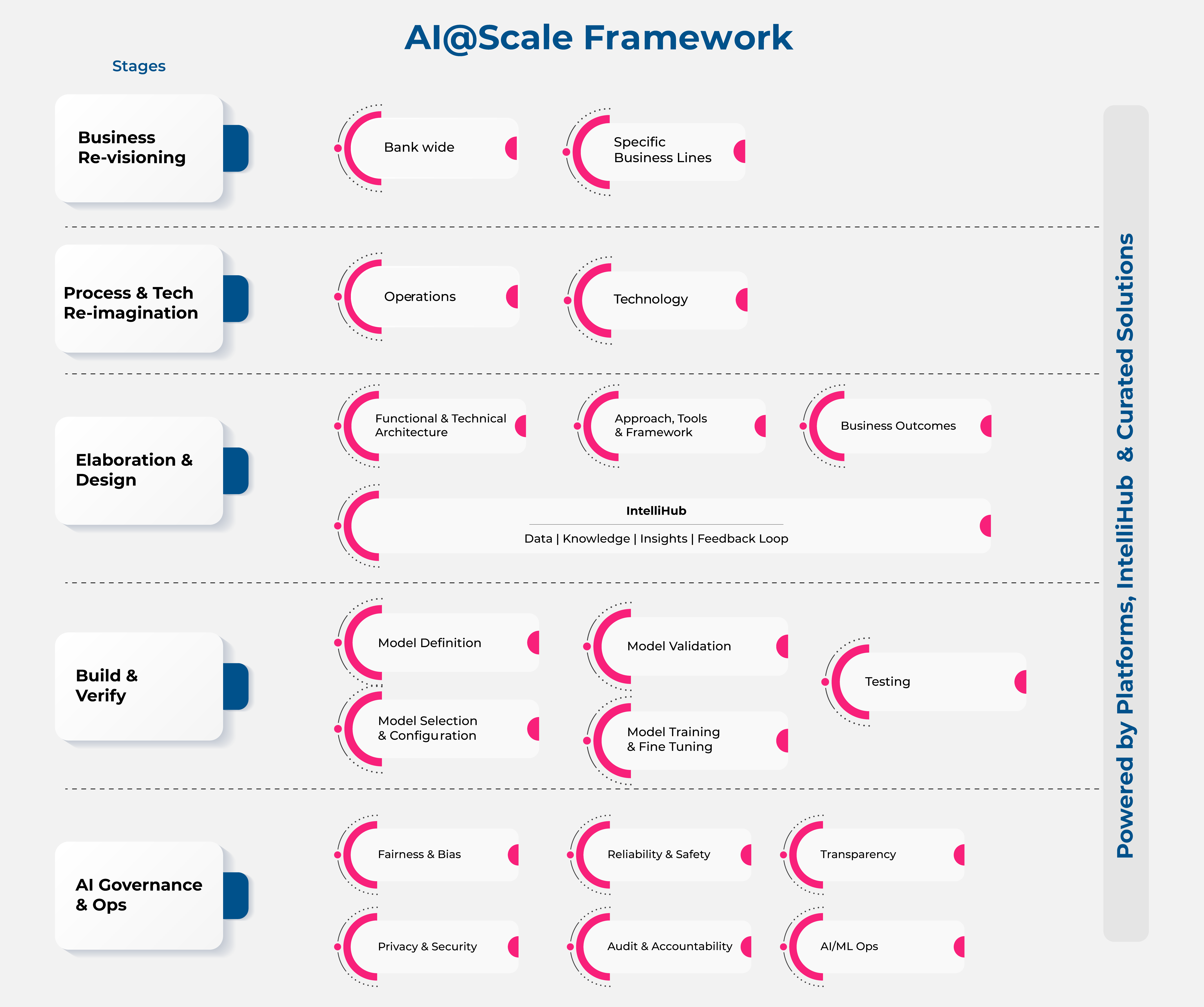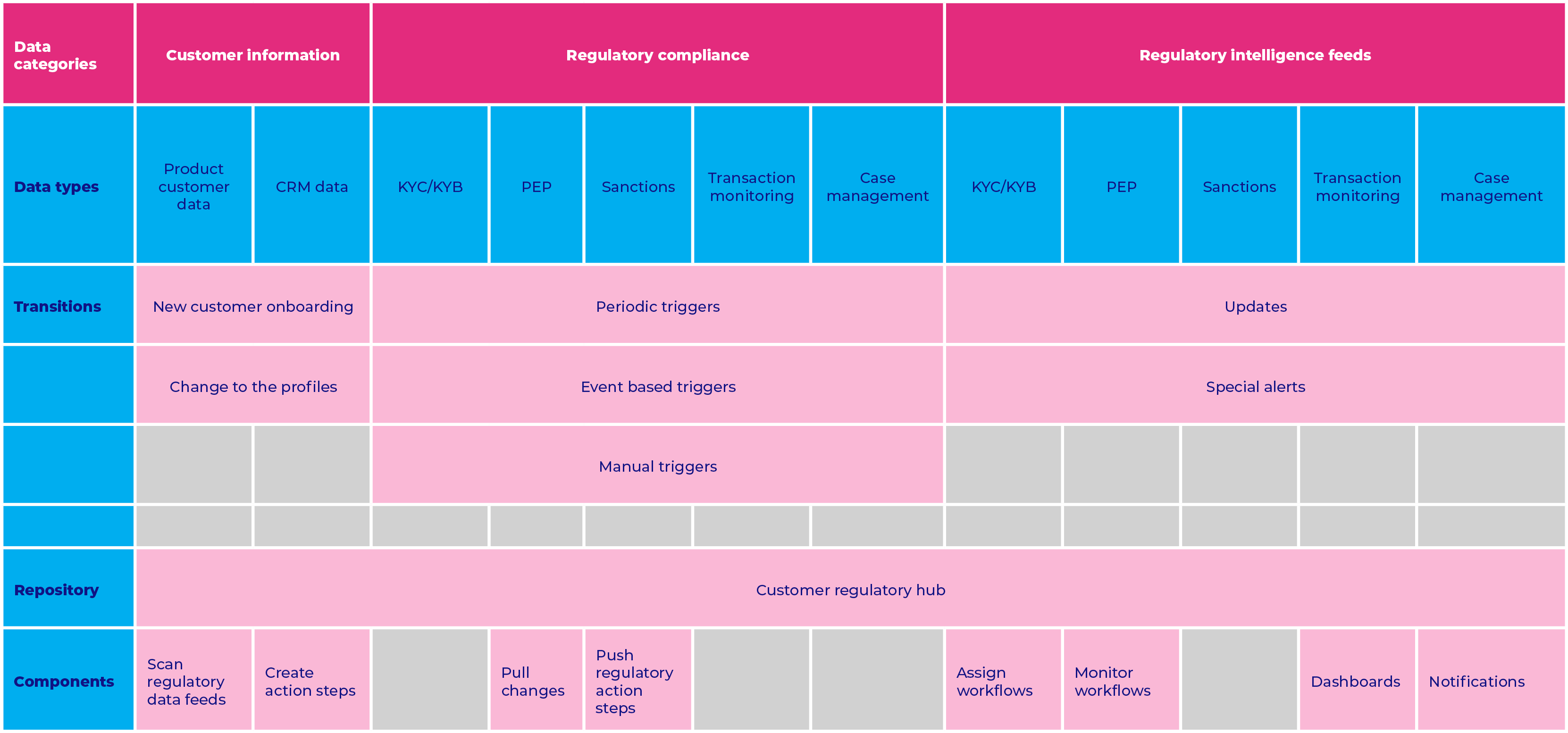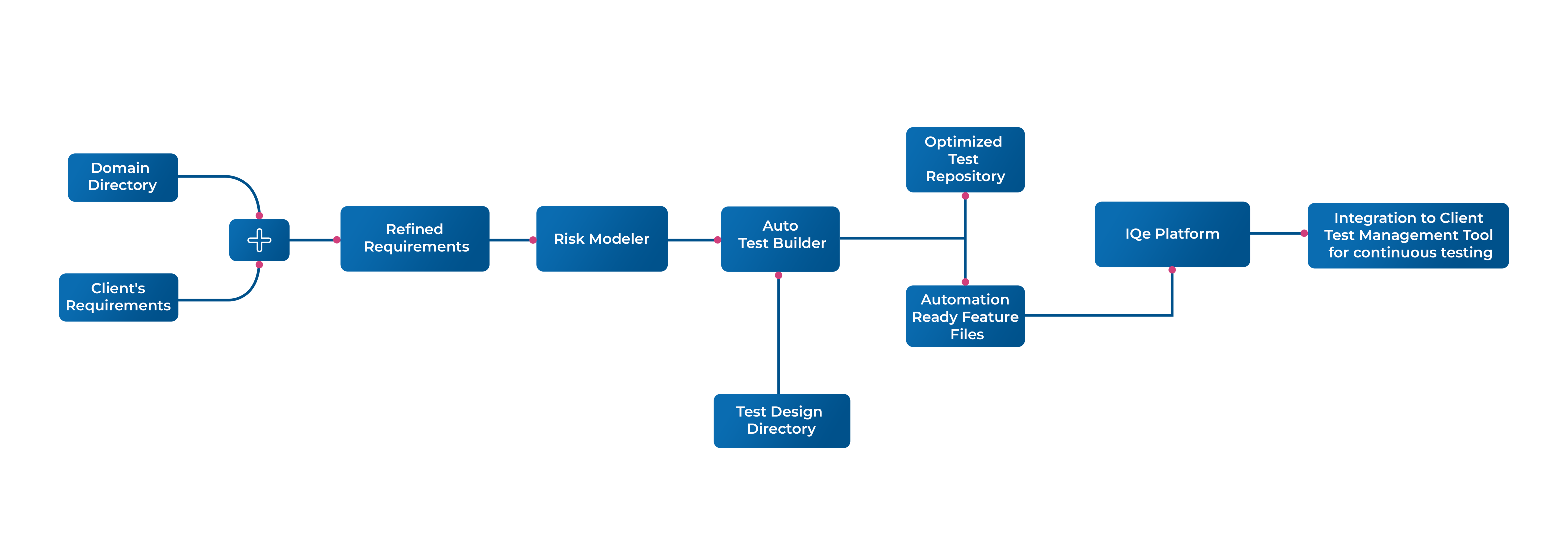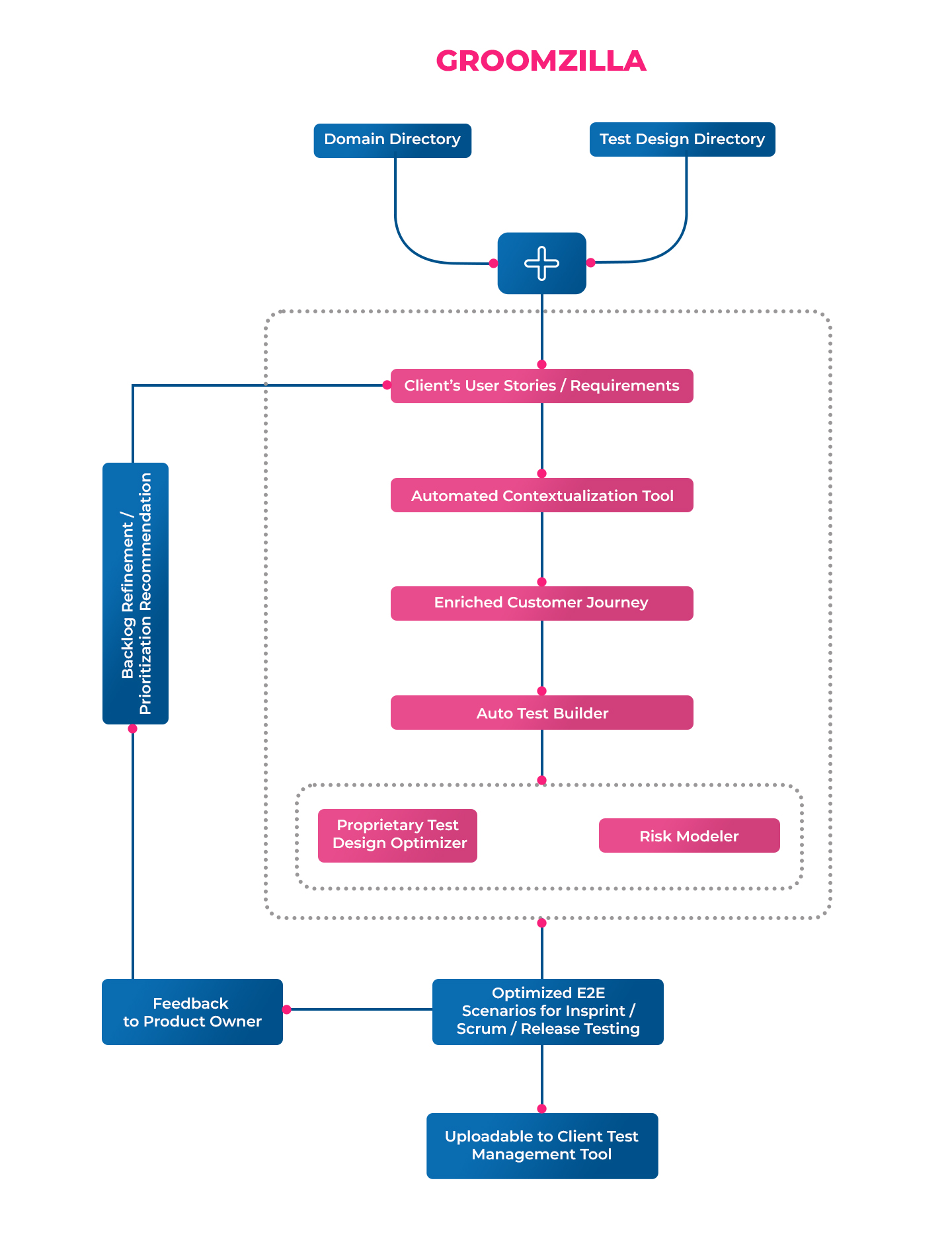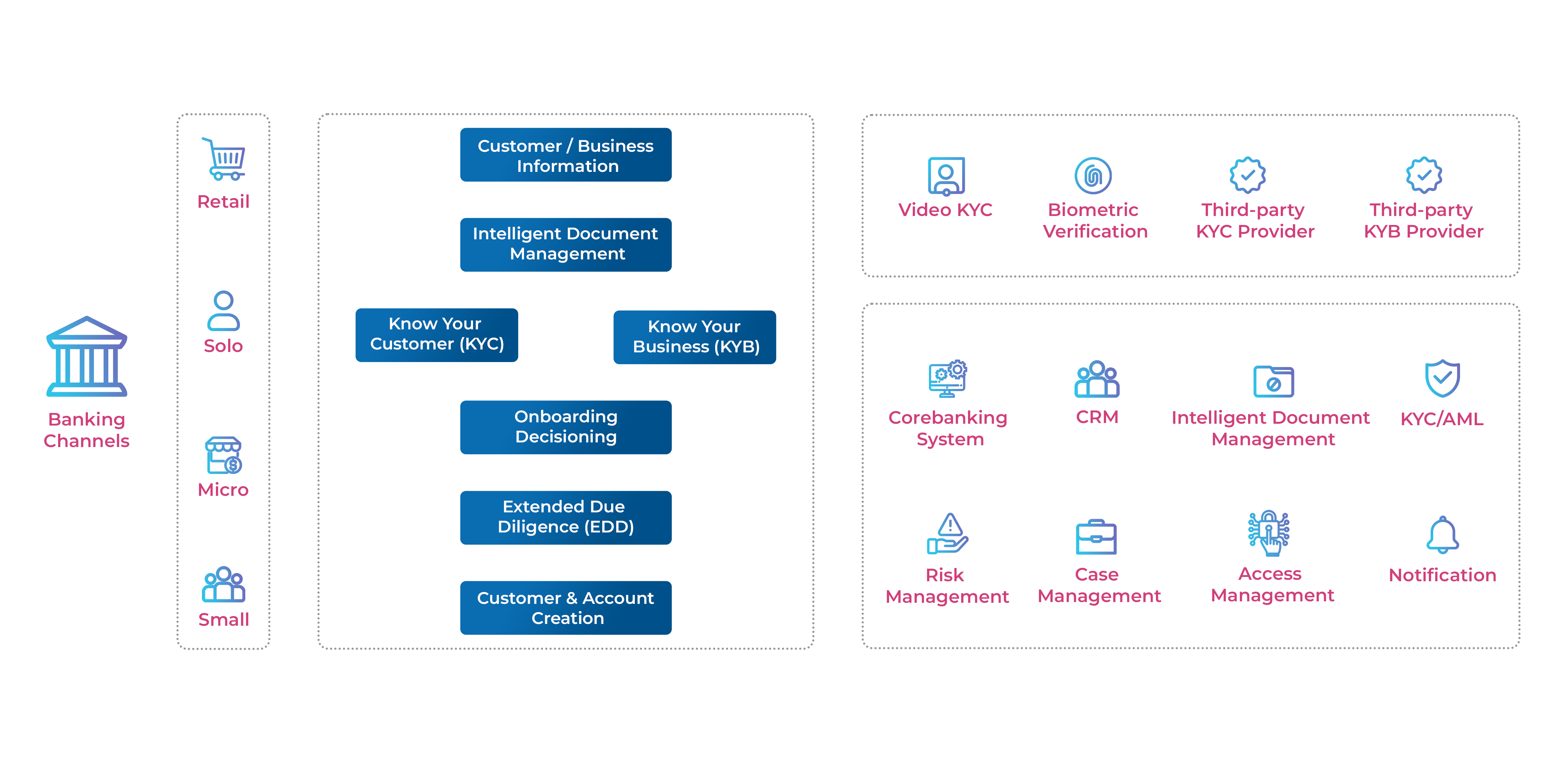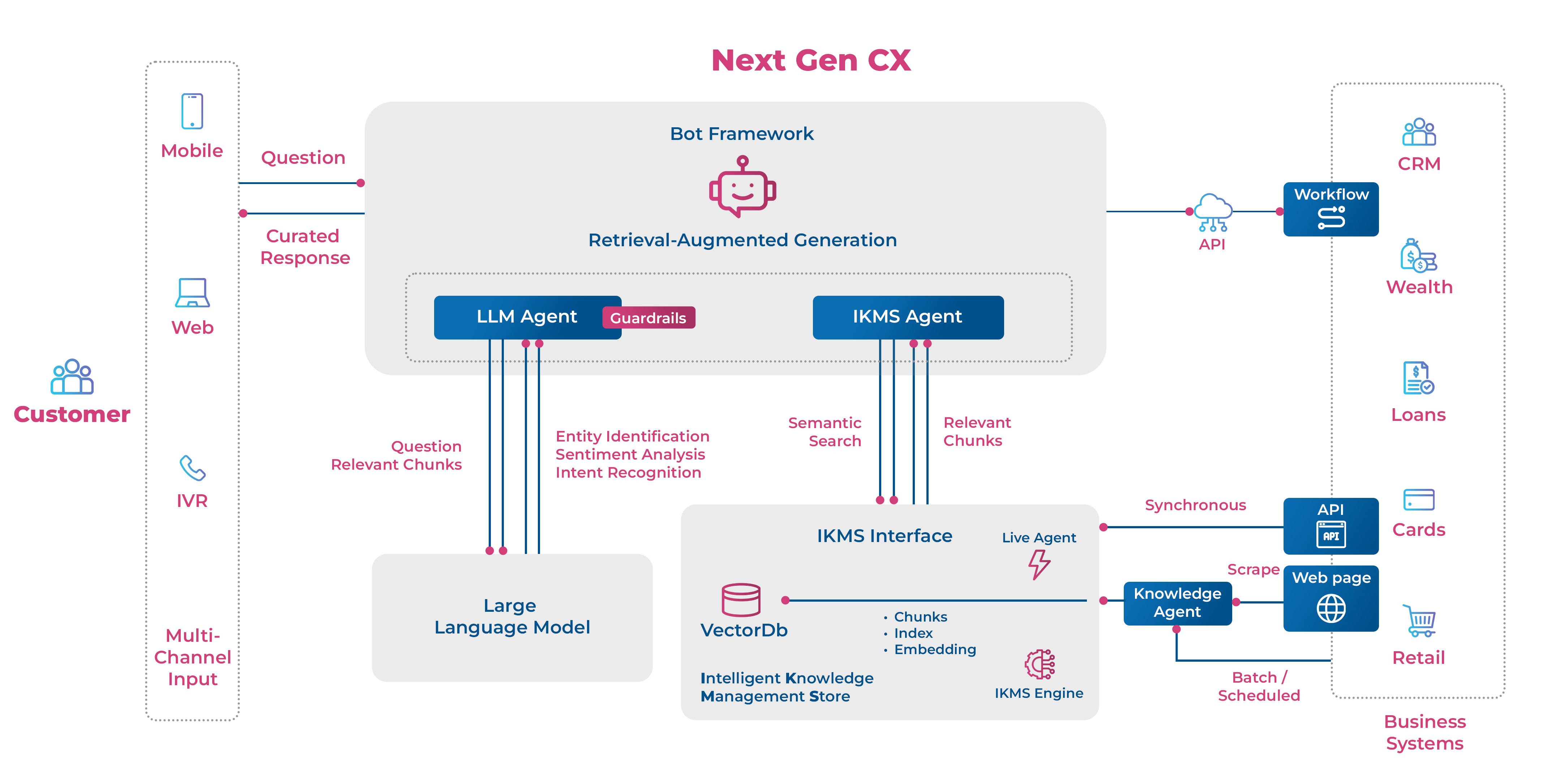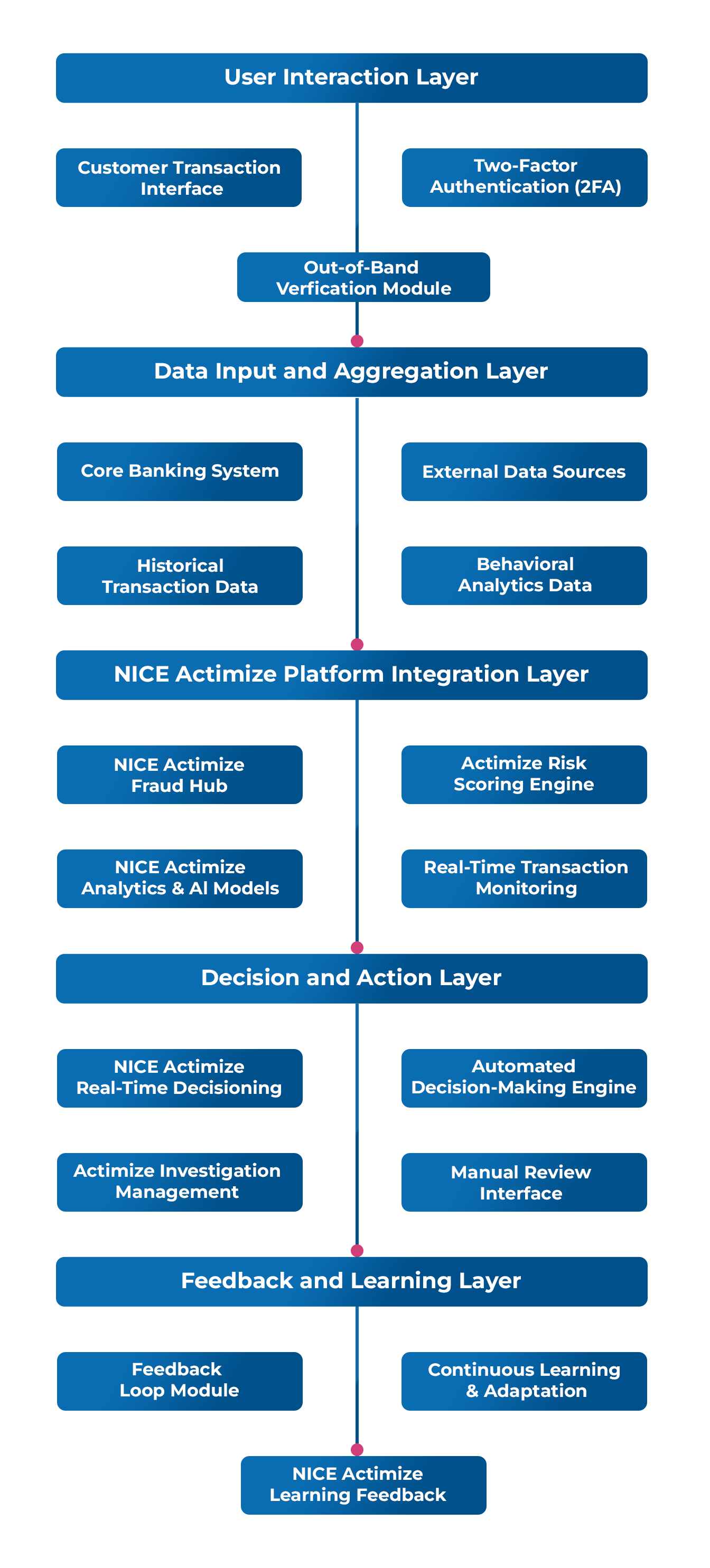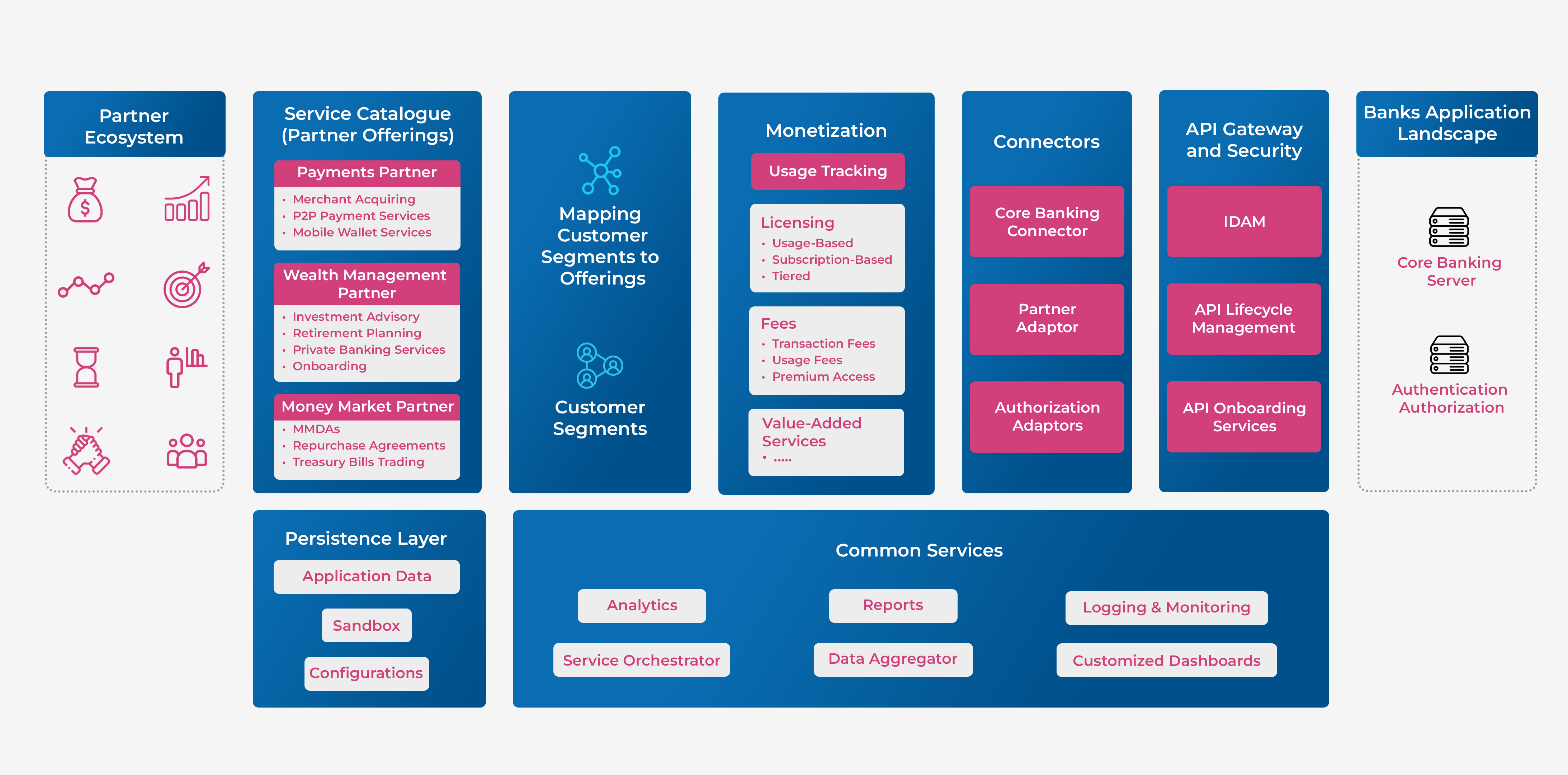In an age of digital innovation and open banking, regulatory compliance in the banking sector has become more complex than ever. The need to meet stringent regulatory requirements while adapting to the dynamics of the financial landscape has spurred the rise of Regulatory Technology, or RegTech. This blog explores how RegTech is reshaping banking compliance and how financial institutions embrace next-gen solutions to navigate this regulatory maze.
The Regulatory Compliance Landscape
Regulatory compliance is the backbone of the banking sector, ensuring the industry’s stability and safeguarding the interests of both financial institutions and consumers. However, the regulatory landscape has seen a seismic shift in recent years. The advent of open banking, driven by technological advancements, has necessitated a comprehensive overhaul of regulatory compliance practices.

Key Regulatory Compliance Aspects
1) Regulatory Reporting
Financial institutions must submit detailed regulatory reports to governing bodies. These reports are critical for assessing the health and stability of banks.
2) Data Security:
Protecting sensitive customer data is a top priority. Compliance with data protection regulations is paramount.
3) Anti-Money Laundering (AML) and Know Your Customer (KYC):
Preventing illicit financial activities and verifying customer identities are crucial to regulatory compliance.
Enter RegTech: Transforming Banking Compliance
RegTech, as the name suggests, refers to using technology to streamline regulatory compliance processes. It offers innovative solutions to address the evolving demands of the regulatory landscape.
The Role of RegTech in Banking Compliance
Automation of Regulatory Reporting:
RegTech solutions automate the process of gathering and reporting data required for regulatory submissions. This significantly reduces the risk of errors and enhances efficiency.
Data Analytics:
RegTech tools have advanced data analytics capabilities. This helps banks identify patterns, potential issues, and trends, enabling proactive compliance measures.
Blockchain for Data Security:
Distributed ledger technology, such as blockchain, is increasingly used to enhance data security and transparency, addressing concerns about data breaches and cyberattacks.
AI-Driven AML and KYC:
Artificial intelligence and machine learning enhance AML and KYC processes. These technologies help in identifying suspicious activities and verifying customer identities more efficiently.
Remarkable Examples of RegTech Adoption
Several financial institutions have made significant investments in next-gen RegTech solutions. Let’s explore a few noteworthy examples:
1) HSBC:
HSBC has adopted RegTech to streamline its AML processes. Advanced algorithms and machine learning have improved the accuracy and speed of identifying suspicious transactions.
2) JPMorgan Chase:
JPMorgan Chase has embraced blockchain technology for regulatory reporting. By using a distributed ledger, they have increased the transparency and security of their reporting processes.
3) Bank of America:
Bank of America has invested in AI-driven solutions for KYC procedures. These solutions enable the bank to verify customer identities more efficiently, reducing the time required for onboarding.
Challenges and Approaches to Success
Despite the promise of RegTech, several challenges exist in reshaping banking compliance:
Integration Complexity:
Many financial institutions use legacy systems. Integrating new RegTech solutions with existing infrastructure can be complex but is essential for seamless operations.
Data Privacy Concerns:
\As RegTech relies heavily on data, privacy concerns are paramount. Banks must ensure compliance with data protection regulations while using data for regulatory purposes.
Changing Regulatory Environment:
Regulations evolve. Staying up-to-date with the latest regulatory changes is a constant challenge.
To overcome these challenges and ensure success in reshaping banking compliance, financial institutions can consider the following approaches:
1) Holistic Compliance Strategy:
Develop a comprehensive strategy encompassing all aspects of regulatory compliance, from reporting to data security.
2) Invest in Talent:
Attract and retain talent with expertise in RegTech. This can include data scientists, AI specialists, and blockchain experts.
3) Collaboration:
Collaborate with RegTech providers and industry peers to share best practices and collectively address regulatory challenges.
Conclusion
RegTech is undoubtedly reshaping banking compliance in the era of open banking. It promises increased efficiency, reduced operational costs, and enhanced security. Noteworthy financial institutions have invested substantially in next-gen RegTech solutions, reaping the benefits of streamlined regulatory processes.
However, the journey has its challenges. The changing regulatory environment and the need for seamless integration pose hurdles for financial institutions. To succeed in this endeavor, they must adopt a holistic approach, invest in talent, and actively collaborate with RegTech providers and industry peers.
In a world where regulatory compliance is non-negotiable, RegTech serves as the beacon of innovation, guiding financial institutions toward a future where banking compliance is not just a necessity but a competitive differentiator.
About Maveric Systems
Starting in 2000, Maveric Systems is a niche, domain-led Banking Tech specialist partnering with global banks to solve business challenges through emerging technology. 3000+ tech experts use proven frameworks to empower our customers to navigate a rapidly changing environment, enabling sharper definitions of their goals and measures to achieve them.
Across retail, corporate, and wealth management, Maveric accelerates digital transformation through native banking domain expertise, a customer-intimacy-led delivery model, and a vibrant leadership supported by a culture of ownership.
With centers of excellence for Data, Digital, Core Banking, and Quality Engineering, Maveric teams work in 15 countries with regional delivery capabilities in Bangalore, Chennai, Dubai, London, Poland, Riyadh, and Singapore.



